Get Particulate Testing in Austin, TX
Particulate testing services help property owners in Austin, TX identify airborne dust, mold, or allergens during renovation, cleanup, or new construction projects.
If you are planning a property improvement or renovation project in Austin, TX, understanding indoor air quality is an important step. Particulate testing services can help identify the presence of airborne particles that may affect health or comfort, providing valuable insights before moving forward with construction, remodeling, or air quality management. Property owners seeking to ensure a safe and healthy environment often explore these testing options to gather detailed information about indoor air conditions and compare local contractors who specialize in this work.
Austin residents and property managers may find particulate testing particularly useful when addressing concerns related to construction dust, allergens, or indoor pollutants. By evaluating the quality of indoor air, they can make informed decisions about necessary improvements or preventative measures. Connecting with experienced local service providers allows property owners to explore their options, compare approaches, and choose the right professionals to support their project needs. Keep reading to learn more about how particulate testing can support your property’s health and planning efforts.
- Particulate Testing - needed when assessing indoor air quality in homes or commercial spaces to identify airborne contaminants.
- Environmental Monitoring - essential for industries in industrial districts of Austin, TX, requiring precise particulate measurements.
- Construction Site Inspection - important during renovation or new builds in neighborhoods like Hyde Park or South Congress to control dust levels.
- HVAC System Evaluation - recommended when diagnosing air filtration issues or ensuring compliance with air quality standards.
- Industrial Facility Assessment - necessary for factories and manufacturing plants in the Austin area to monitor particulate emissions and ensure safety.
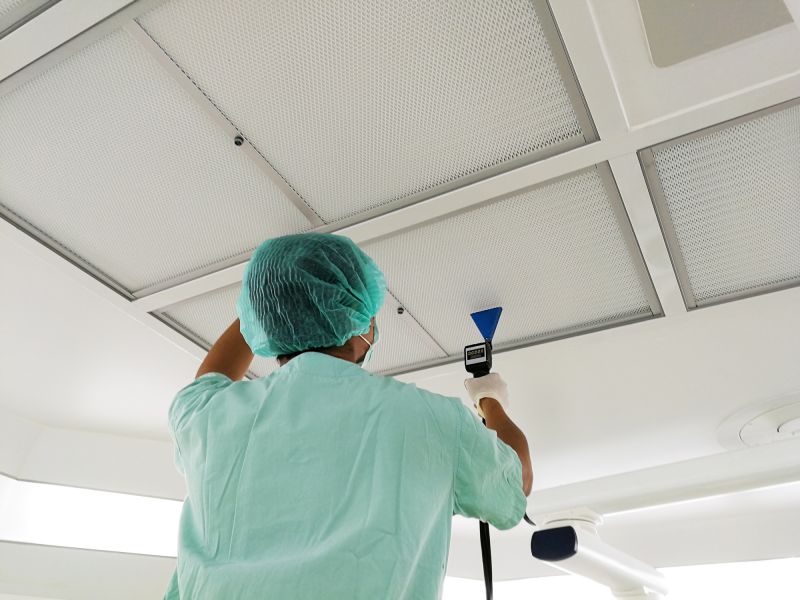
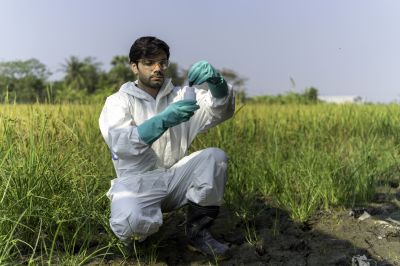
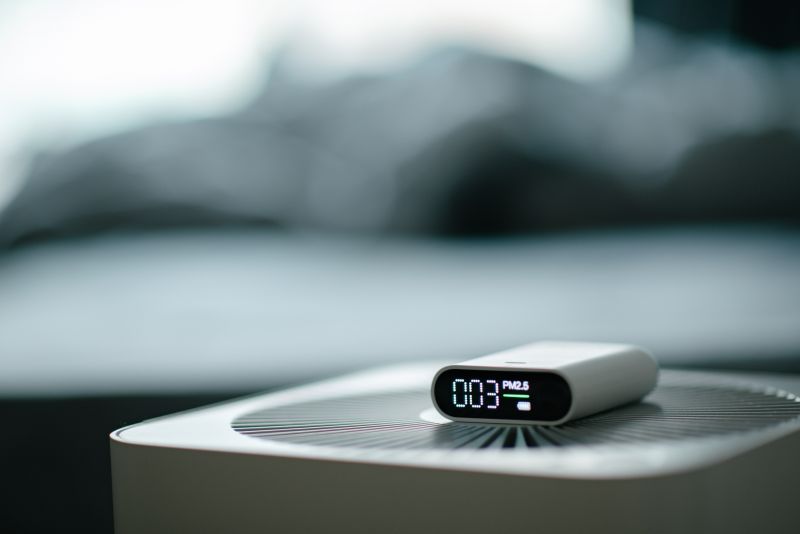
Particulate testing services involve analyzing the presence and concentration of tiny particles or contaminants in the air, dust, or other materials within a property. This process typically includes collecting samples from different areas of a home or building and sending them to a laboratory for detailed analysis. The goal is to identify potential sources of airborne particles, such as dust, mold spores, pollen, pet dander, or other microscopic substances that can affect indoor air quality. By understanding what types of particulates are present and their levels, homeowners can better assess the overall cleanliness and safety of their environment.
These services help address a variety of problems related to indoor air quality and health concerns. For example, high levels of dust or mold spores can contribute to allergy symptoms, respiratory issues, or asthma flare-ups. Particulate testing can also reveal hidden sources of contamination that might be overlooked during routine cleaning, such as mold growth behind walls or accumulated debris in ductwork. Identifying these issues allows homeowners to take targeted steps to improve air quality, reduce allergens, and prevent potential health problems caused by airborne particles.
Particulate testing is often utilized in properties where residents experience unexplained health symptoms, or where there is visible mold or excessive dust accumulation. Homes that have recently undergone renovations, experienced water damage, or show signs of poor ventilation are common candidates for this type of testing. Additionally, properties with pets, smokers, or individuals with allergies or respiratory conditions often benefit from understanding the specific particulates present in their environment. Commercial spaces, such as offices or clinics, may also use particulate testing to ensure a safe and healthy environment for staff and visitors.
Getting particulate testing services from experienced local contractors can provide valuable insights into indoor air quality issues. These professionals can recommend appropriate solutions based on the test results, such as improved ventilation, air purification systems, or targeted cleaning strategies. If a property owner notices persistent allergy symptoms, musty odors, or dust buildup, scheduling particulate testing can help pinpoint the underlying causes. By working with local experts, homeowners and property managers can make informed decisions to create a cleaner, healthier living or working space.
The overview below groups typical Particulate Testing projects into broad ranges so you can see how smaller, mid-sized, and larger jobs often compare in Austin, TX.
In many markets, a large share of routine jobs stays in the lower and middle ranges, while only a smaller percentage of projects moves into the highest bands when the work is more complex or site conditions are harder than average.
Smaller Repairs - typical costs for routine particulate testing in small-scale projects range from $250-$600. Many common jobs fall within this range, especially for single locations or minor assessments.
Moderate Projects - mid-sized testing services often cost between $600-$1,500. These projects may involve multiple sites or more detailed analysis, which local contractors handle regularly.
Large or Complex Testing - extensive testing for larger facilities or detailed investigations can reach $1,500-$3,000. Fewer projects push into this tier, but they are common for comprehensive assessments.
Full Building or Specialized Testing - comprehensive or highly specialized particulate testing can exceed $3,000, with some larger, more complex projects reaching $5,000+ depending on scope and complexity.
Actual totals will depend on details like access to the work area, the scope of the project, and the materials selected, so use these as general starting points rather than exact figures.
Air Quality Testing - professionals who assess indoor air quality often utilize particulate testing techniques to identify airborne contaminants and improve ventilation systems.
Environmental Dust Analysis - local contractors conducting dust sampling and analysis help determine pollutant levels in residential or commercial environments, similar to particulate testing processes.
HVAC System Inspections - technicians inspecting heating, ventilation, and air conditioning systems frequently perform particulate assessments to ensure system cleanliness and efficiency.
Indoor Air Pollution Surveys - service providers conducting comprehensive indoor air quality surveys use particulate testing tools to detect pollutants and recommend remediation strategies.
Industrial Air Monitoring - contractors working in industrial settings utilize particulate measurement methods to monitor emissions and ensure compliance with safety standards.
Building Inspection Services - building inspectors often include particulate testing as part of assessments for mold, dust, and other airborne particles affecting indoor environments.
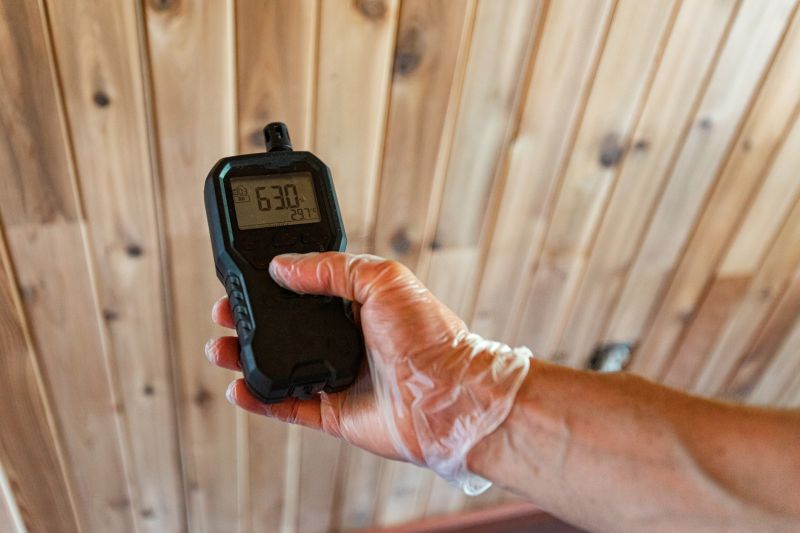
When evaluating service providers for particulate testing, it’s important to consider their experience with similar projects. Homeowners should look for local contractors who have a proven track record of handling particulate testing in residential settings, especially those involving projects comparable in scope and complexity. Experienced pros are more likely to understand the nuances of sampling techniques, equipment, and interpretation of results, which can contribute to more accurate assessments and reliable outcomes.
Clear written expectations are essential when choosing a particulate testing specialist. Homeowners should seek providers who can offer detailed descriptions of their testing procedures, what the process entails, and what the results will include. Having this information in writing helps ensure everyone is on the same page and reduces the chance of misunderstandings. It’s also beneficial to ask for reputable references from previous clients who can speak to the provider’s professionalism, accuracy, and reliability in delivering testing services.
Effective communication is a key factor when comparing local service providers. Homeowners should prioritize contractors who are responsive, transparent, and willing to answer questions throughout the process. Good communication can make the testing experience smoother and help clarify any concerns about the scope, methodology, or results. Remember, this site is designed to introduce homeowners to local options-these professionals handle the work, but the goal is to connect with those who demonstrate experience, clarity, and reliable communication to ensure the project’s success.
Property owners in Austin, TX use Particulate Testing services for practical projects around their homes and businesses. This guide focuses on everyday jobs and straightforward project options.
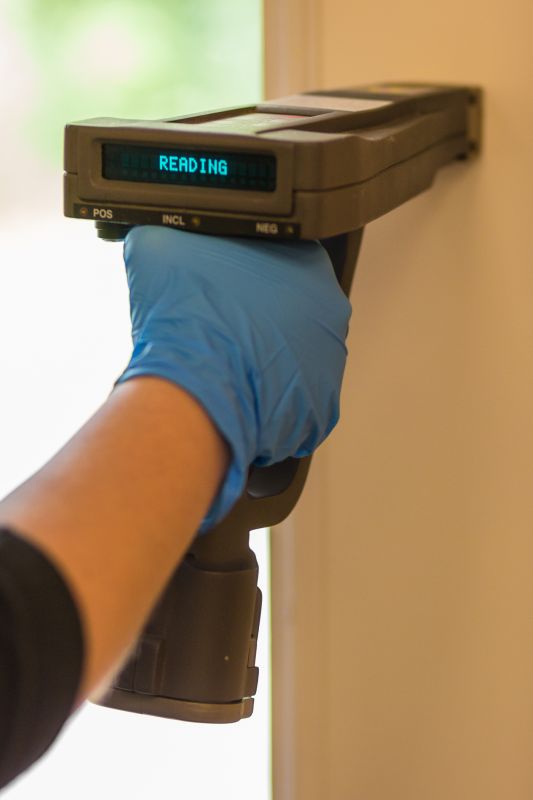
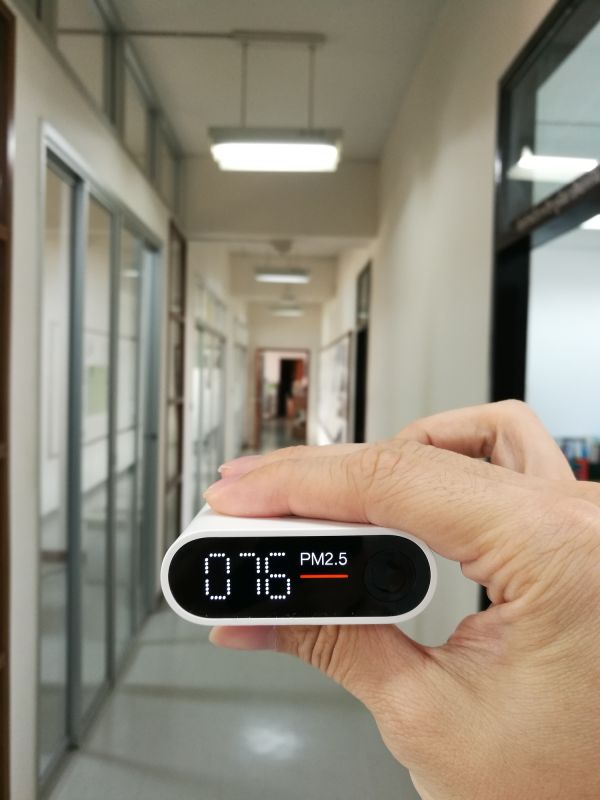
Particulate testing services are often needed when property owners in Austin, TX, notice signs of dust, mold, or other airborne particles affecting indoor air quality. Whether during home renovations, new construction, or routine maintenance, local contractors can help identify the presence of harmful particles that might impact health or comfort. These services are also useful when preparing a property for sale or addressing concerns raised by previous occupants, ensuring that indoor environments meet safety standards and are free from excessive airborne contaminants.
In addition, property owners may seek particulate testing after experiencing issues like persistent allergies, unexplained respiratory symptoms, or visible mold growth. Local service providers can conduct thorough assessments to determine if airborne particles are contributing to these problems. This can be especially relevant in older homes or buildings with recent water damage, where hidden mold or dust accumulation might be present. Connecting with experienced contractors can help homeowners and property managers address concerns effectively and maintain healthier indoor spaces.
What is particulate testing used for? Particulate testing is used to identify and measure airborne particles in indoor environments, helping to assess air quality and potential health risks.
Who can perform particulate testing services? Local contractors specializing in air quality and environmental testing can handle particulate testing to provide accurate assessments.
What types of particles are tested during particulate testing? Testing typically includes common indoor airborne particles such as dust, pollen, mold spores, and other microscopic contaminants.
How can particulate testing benefit my property? It can help identify sources of indoor air pollution, guide remediation efforts, and ensure a healthier environment for occupants.
What should I consider when choosing a particulate testing provider? Look for experienced local service providers with good reviews and the ability to perform comprehensive air quality assessments in your area.
Indoor Air Quality Monitoring - Property owners can use particulate testing services to identify airborne dust and allergens that may affect indoor air quality.
Environmental Safety Assessments - Homeowners planning renovations or new constructions can evaluate existing dust levels to ensure a safe environment during projects.
HVAC System Evaluation - Property owners can have local contractors test for dust accumulation in HVAC systems to improve air circulation and system efficiency.
Post-Remediation Verification - After cleaning or renovation, property owners can confirm that particulate levels meet safety standards before resuming regular activities.

If you are thinking about Particulate Testing for a property in Austin, TX, this guide is meant to help you understand the work, the typical project types, and how different options might fit your plans.
When you are ready, you can use the quote form on this page to share a few details about your project. From there, local pros can review the basics and respond with options that match what you have in mind.



